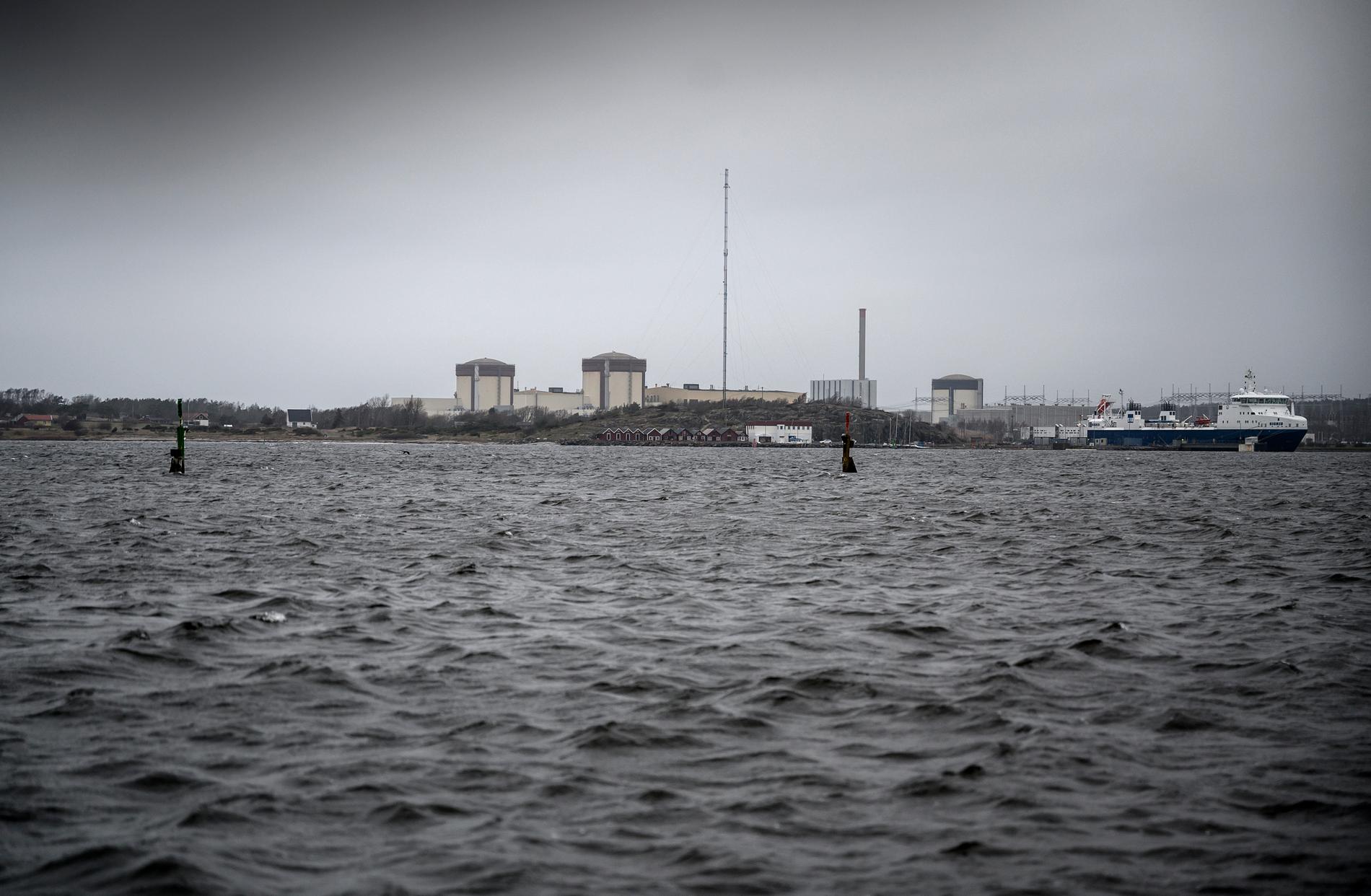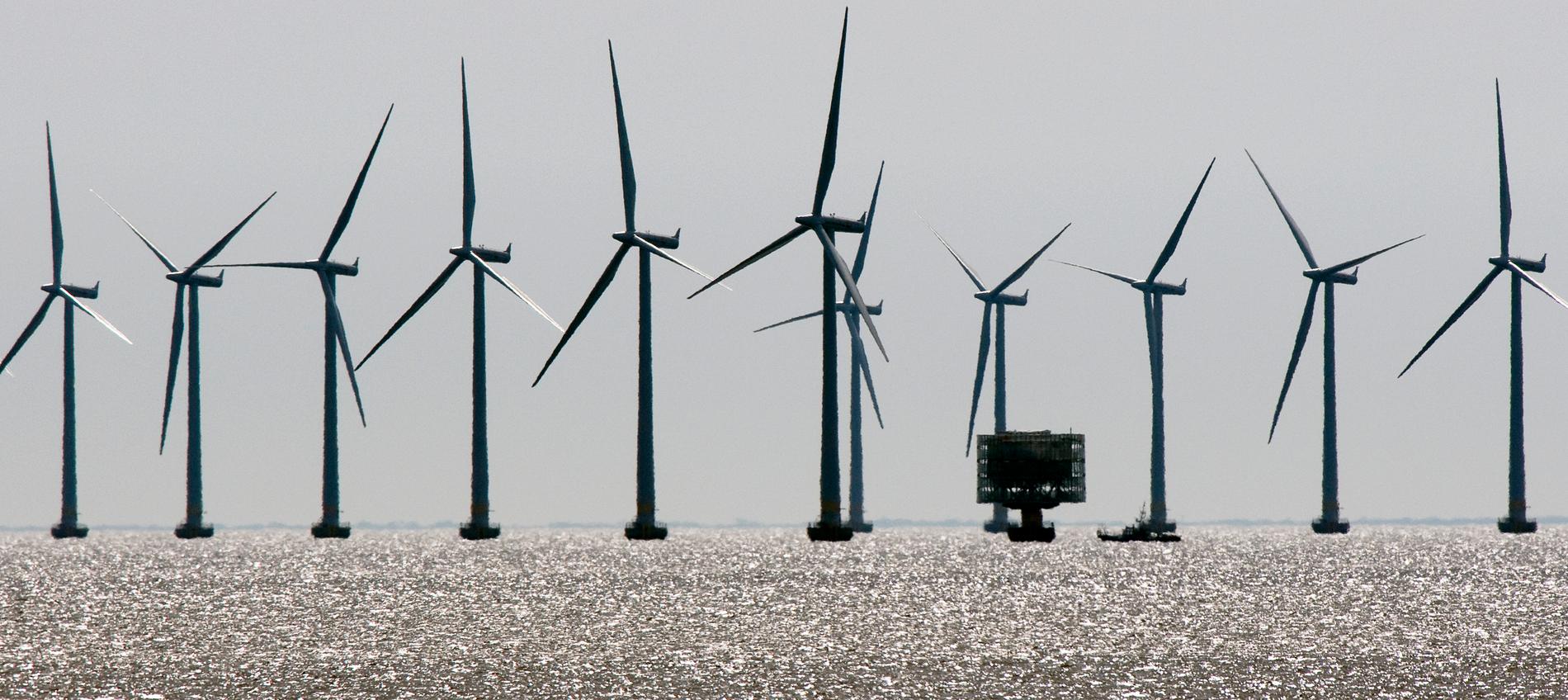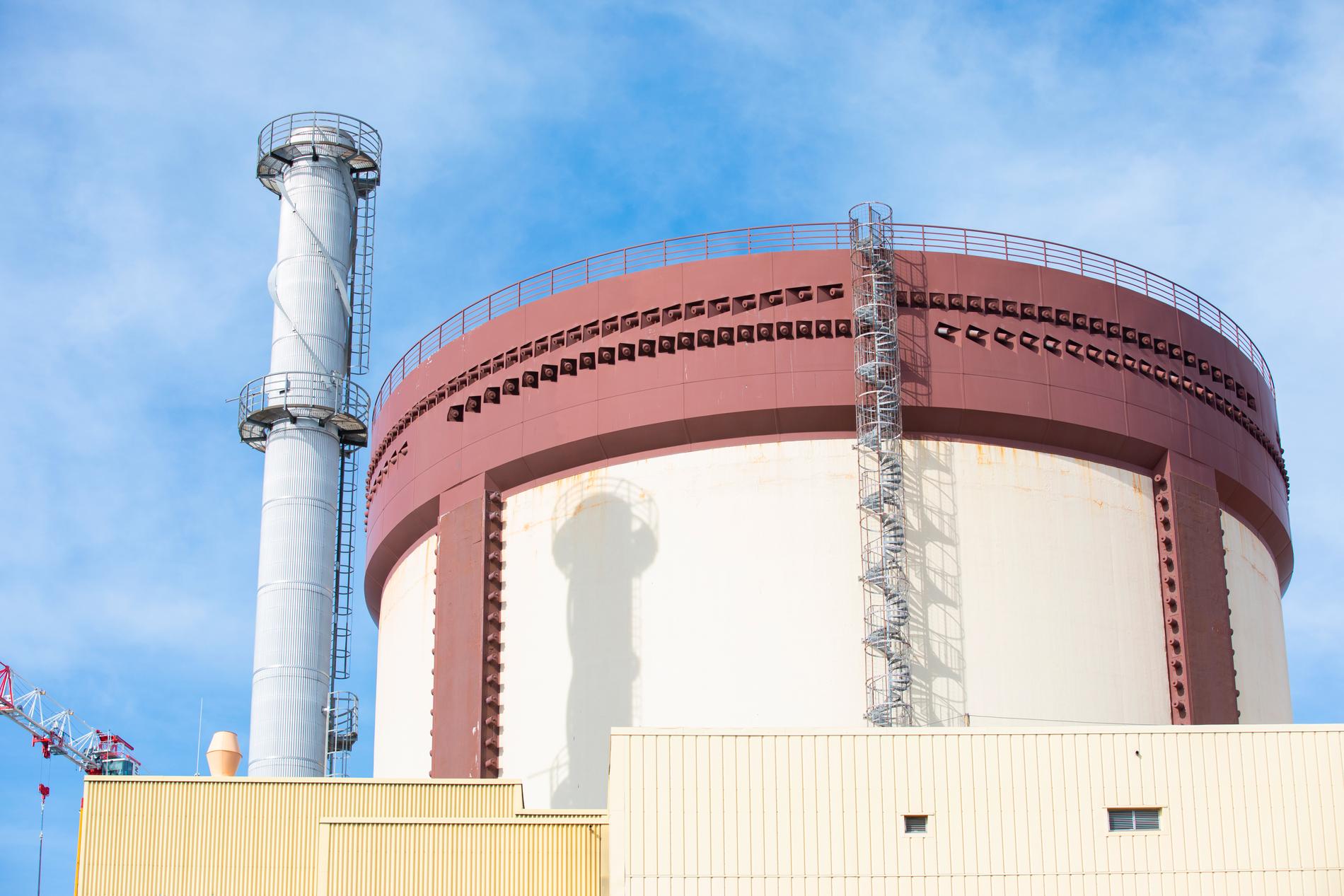Wolfgang Hansson
Published: Less than 20 min ago
This is a commenting text. Analysis and positions are the writer's.
Regardless of what one thinks of nuclear power as an energy source, the fact that Sweden has shut down four reactors in recent years has greatly worsened our energy security. Photo: Björn Larsson Rosvall/TT
COLUMNISTS
Someone turns on a pressure cooker in a nuclear reactor without first checking that there is water in it.
More than that is not needed to endanger Sweden's energy security.
Is that really a reasonable state of affairs? Should we allow ourselves to be so vulnerable?
Mistakes will always be made, but the question is whether we can have an energy system where a fatal mistake puts half the country's energy security out of whack.
For many years we have been so used to cheap electricity just being there, that we seem to have forgotten that it has to be produced. Energy security has been regarded as a matter of course.
It should not be unreasonable for politicians from all major parties to sit down and make broad and long-term agreements on a factor as totally decisive for society as electricity production. Our entire prosperity is based on a reliable supply of electricity and other energy at reasonable and predictable prices.
The moment it fails, our prosperity ceases to be a matter of course.
For the past ten years, the politicians have failed to take this responsibility. Instead of coming to an agreement and pointing out a clear direction for Sweden's energy supply, they have quarreled among themselves and stopped taking responsibility for the whole.
Extra strange when we are facing a gigantic climate change where the need for electricity increases sharply.
Some tend to claim that Sweden produces more energy than we need. It is a truth that often applies to spring, summer and autumn. That is the reason why Sweden is currently Europe's largest net exporter of electricity.
Having sufficient access to energy is, if anything, a matter of national security. Photo: Johan Nilsson / TT
Sweden has cheated
But on cold winter days it looks different. Then we are often dependent on importing energy.
Seen over a whole year, we produce more electricity than we need, but it doesn't help if we have a shortage when we need electricity and heat the most.
In addition, we have cheated when it comes to the expansion of the capacity to bring electricity from the north of Sweden, where most of the wind and hydropower is located, to the southern half of the country, where the consumption is the greatest. Responsible Svenska kraftnät blames that it takes time to handle all appeals from landowners who do not want wires on their land. Where is the strong state that can step in and claim that it is a matter of national interest and speed up the process?
The same applies when the Norwegian Defense Forces stops important offshore wind power by vaguely referring to "national security".
Having sufficient access to energy is, if anything, a matter of national security.
Regardless of what one thinks of nuclear power as an energy source, the fact that Sweden has shut down four reactors in recent years has greatly worsened our energy security.
When one of the six remaining reactors suffers an outage during the period it is most needed, there is panic.
Vattenfall now confirms that it was the human factor that was behind the shutdown in Ringhal's reactor four. Photo: Annika Örnborg/Ringhals
Putin only partially guilty
Then we stand there with our butts bare. The authorities warn that this winter the electricity may be cut off for households and businesses for a few hours a day if we do not have enough. All we can do is invest in rapid energy efficiency, save as much as possible and pray for a mild winter.
Vladimir Putin and his war in Ukraine are largely to blame for the high electricity prices. But it is our own politicians and authorities who are to blame for the lack of energy security. They haven't built a robust enough system.
Sweden is not alone in this sin.
In South Africa, Africa's largest industrial nation, the energy is not enough. It has nothing to do with Putin's war. It is said to be about incompetent and corrupt politicians and civil servants.
Ordinary citizens and businesses find themselves with the electricity being shut off for 4-6 hours per day in order to prevent the grid from collapsing.
The reason is that the country is completely dependent on aging and poorly maintained coal-fired power plants that experience constant interruptions. The state has been slow to invest in new energy sources and a better grid.




Inga kommentarer:
Skicka en kommentar